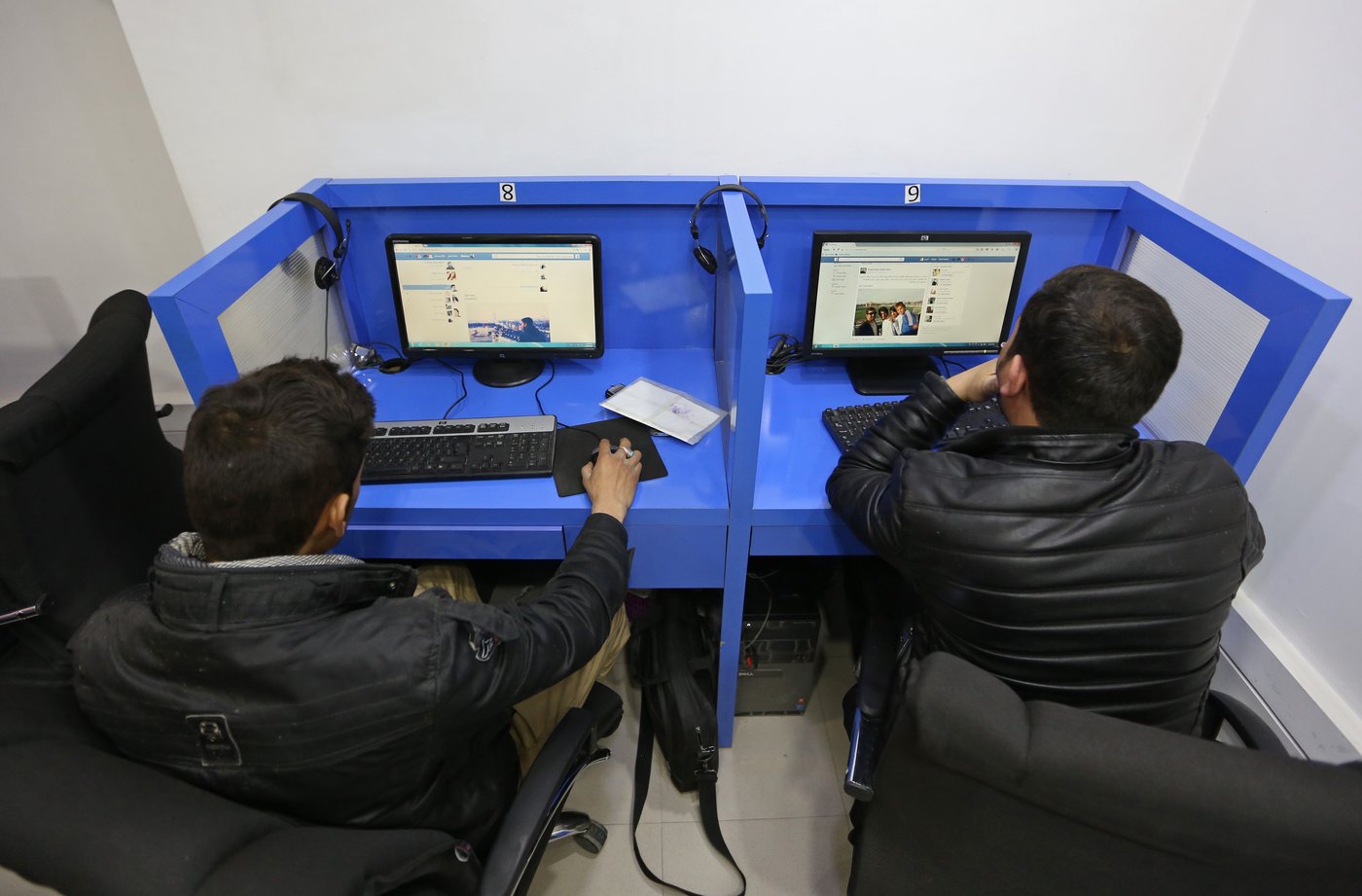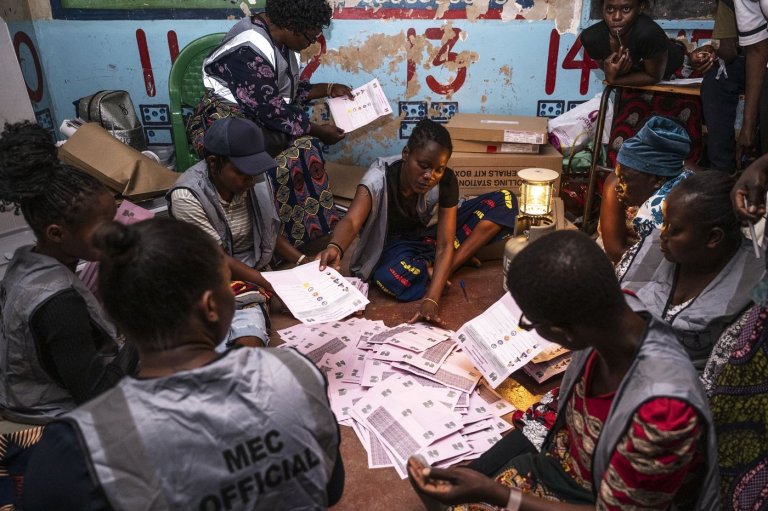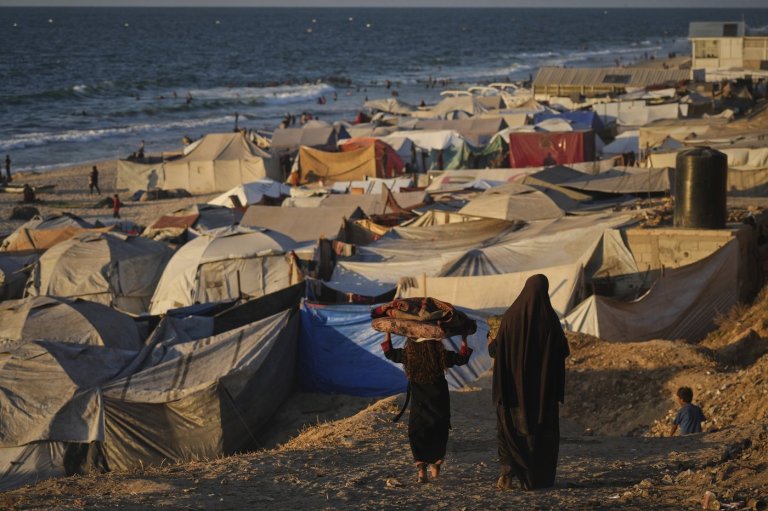
Taliban leader bans Wi-Fi in an Afghan province to ‘prevent immorality’
JALALABAD, Afghanistan (AP) — The Taliban leader banned fibre optic internet in an Afghan province to “prevent immorality,” a spokesman for the administration said Tuesday.
It’s the first time a ban of this kind has been imposed since the Taliban seized power in August 2021, and leaves government offices, the private sector, public institutions, and homes in northern Balkh province without Wi-Fi internet. Mobile internet remains functional, however.
Haji Attaullah Zaid, a provincial government spokesman, said there was no longer cable internet access in Balkh by order of a “complete ban” from the leader Hibatullah Akhundzada.
“This measure was taken to prevent immorality, and an alternative will be built within the country for necessities,” Zaid told The Associated Press. He gave no further information, including why Balkh was chosen for the ban or if the shutdown would spread to other provinces.
One Balkh resident noticed connectivity issues a few days ago at home and contacted his service provider, which said it was a technical issue that would be resolved.
“Blocking the internet is beyond my comprehension in such an advanced era,” said the resident, who spoke on condition of anonymity for fear of Taliban reprisals.
He told The Associated Press that he rarely used mobile internet because it was slow and expensive. There were six people in his household, including a student, and they all used and needed Wi-Fi.
A fast and stable internet connection was also important for his work, which involved dealing with people and companies located outside Afghanistan.
“If this ban continues, it will not only be detrimental to my business but also to others because all our business is done on the internet,” said the resident. “We do business with people in the outside world and maintain relationships through it. I might have to move from Mazar-e-Sharif (the capital of Balkh) to another province because I cannot afford the loss.”
Afghan authorities sometimes suspend the mobile phone network for security reasons, usually during religious festivals, to prevent detonations of explosive devices.
—
Associated Press writer Abdul Qahar Afghan in Jalalabad, Afghanistan, contributed to this report.
Join the Conversation!
Want to share your thoughts, add context, or connect with others in your community?
You must be logged in to post a comment.

















